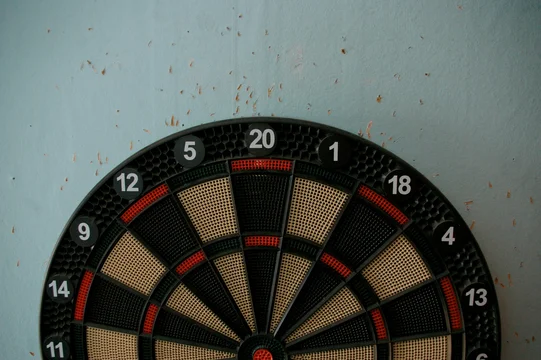
Yesterday, visiting Judge Murphy issued an order resolving discovery disputes in A.L.M. Holding Company v. Zydex Industries Private Limited, C.A. No. 25-255-JFM (D. Del.).
The patentee had served a very broad interrogatory:
For each Accused Product, describe all research, development, testing, and manufacturing performed from January 1, 2013 to the present, including by identifying any dates, locations, persons involved along with their roles, the results of any testing, and any Documents (by Bates number) You contend provide evidence of any of the foregoing.
D.I. 117, Ex. F at 20. The accused infringer's response was just objections and a lengthy list of documents under FRCP 33(d). Id. at 21-28.
I frequently see people draft interrogatories like this. I think the motivation is to encompass everything that you would ever possibly like to know, and to not let anything slip through.
But the attorneys who write these often aren't thinking about what the Court is actually going to force an opposing party to respond with on a motion to compel.
Are you really going to go before the Court on a discovery dispute call and demand that the opposing party write a book-length response to each of your 25 interrogatories? Do you think the Court is likely to go for that? Or is there something less that you actually want, and could you tailor the interrogatory to just ask for that information?
The Motion to Compel Did Not Go Well
This case is a good example of what can happen when you actually move to compel a response to an interrogatory like this.
Plaintiff asked the Court to compel the defendant to supplement its response with (1) "information on [the] manufacturing of the Accused Products," and (2) a narrative response rather than the 800 or so cited documents.
The Court held that the detailed manufacturing information sought was not actually responsive to the broad interrogatory:
[the Court is] not in a position to take further action on the motion because frankly, it does not appear to us that the information sought by plaintiffs is facially responsive to interrogatory no. 4.
A.L.M. Holding Company v. Zydex Industries Private Limited, C.A. No. 25-255-JFM, D.I. 119 (D. Del. Nov. 6, 2025). As for the narrative response, the Court likewise held that the interrogatory was just too broad:
[T]he request is so broad that it is entirely unclear what narrative response would be satisfactory.
Id. It denied the motion to compel a further response, and the patentee gets nothing.
Targeted Interrogatories Are Better
I can imagine how the conversation might have gone, because I've had it before:
Delaware counsel: This interrogatory is very broad. They probably aren't going to give you a response that you like, and the Court isn't going to want to compel it.
Lead counsel: Are you saying there is a local rule against broad interrogatories in Delaware?
Delaware counsel: Uh, no. But you are more likely to get what you want if you narrow it to just what you are looking for.
Lead counsel: Let's serve it as-is, and we'll deal with that later.
That's how you end up with a page of objections and a near-useless Rule 33(d) response that cites half of their document production.
If you serve a targeted interrogatory to begin with, looking for a specific piece of information or specific contentions, you are much more likely to get a useful response (and to be able to compel a useful response if needed).
If you enjoyed this post, consider subscribing to receive free e-mail updates about new posts.





